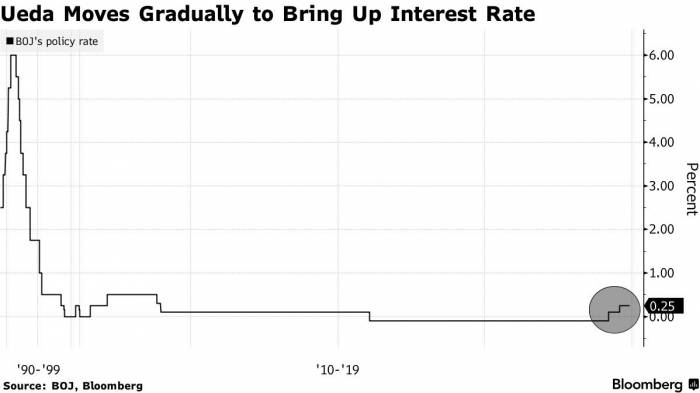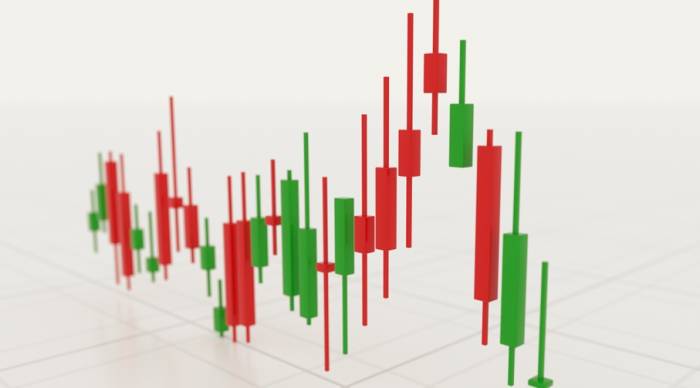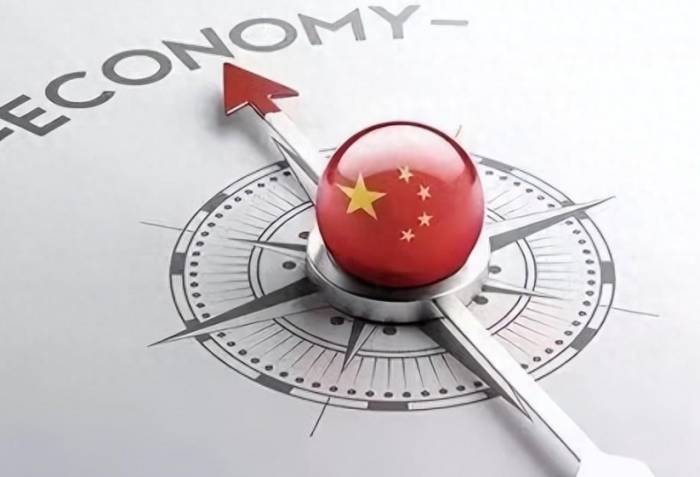The rise of Exchange-Traded Funds (ETFs) has transformed the investment landscape, heralding a booming demand for talent in the index fund sector. This year, as the number of new ETFs continues to swell, coupled with adjustments in equity business strategies by various fund companies, the rush to recruit and promote index fund managers is palpable. The industry is witnessing a significant shift, with expectations to capitalize on the burgeoning growth that has seen ETF assets eclipse 3.6 trillion RMB and product offerings surpass one thousand.
The acceleration of approvals for new public index funds has led to an exponentially increased demand for skilled professionals in this niche. According to data from Choice, by the end of November, the number of newly established ETFs—excluding feeder funds—had reached an astonishing 146, resulting in a remarkable increase in total assets of 1.6 trillion RMB compared to the end of last year. On November 29, several fund companies secured approval from the China Securities Regulatory Commission, rolling out products such as the Shanghai Stock Exchange 180 ETF and the ChiNext 50 ETF.
This substantial market expansion has spurred fund companies to hire new fund managers, with nearly 472 managers recruited this year alone, many of whom are entering the index fund sector for the first time. Companies are not just looking externally; many have adopted an internal promotion strategy to elevate experienced personnel into the ranks of index fund management. For instance, managers such as Song Shiyi from Puyin Ansheng Fund and Wang Kai from Pengyang Fund have recently moved into such roles.
As competition intensifies, the workload for existing fund managers has escalated significantly, with experts in the financial industry asserting that increasing personnel numbers is a necessary response to the rising demands of the business. Fund managers are not only expected to oversee the performance of ETFs but are also involved in supporting sales initiatives—often participating in roadshows or being assigned to conduct live broadcasts that factor into key performance indicators (KPIs). Given that each manager typically oversees about 20 different index funds, the need for additional skilled workers has reached critical levels.
“Initially, our index fund department only had one manager, and it was overwhelming to manage the burgeoning responsibilities across all products and the escalating business volumes,” recounted one index fund manager. “This year, we promoted a new manager from within, alleviating some of the intense workload. The company is committed to refining the advancement paths for index fund professionals moving forward.”
Furthermore, the migration of talent within the index fund market has seen a marked increase. Recently, Huaxia Fund confirmed the departure of Zhang Hongtao from multiple fund management roles, including leadership of the Huaxia CSI 300 ETF and Huaxia SSE 50 ETF—with each boasting over 150 billion RMB in assets—due to operational requirements. This adds to a trend wherein established fund managers, such as Fan Bing and Zheng Tianxing, have unceremoniously exited their posts in favor of new avenues, leaving a noticeable gap in leadership.
According to Bu Yili, a wealth researcher at Paipai Net, the internal management adjustments at fund companies play a crucial role in these shifts. In a climate where demand for exceptional index fund talent is on the rise, many professionals are reassessing their career trajectories and opting for new opportunities.
“Our team is stretched thin with ETF talent. The market is booming, and our previous ETF head has been poached; now we are left with just one fund manager and an assistant,” lamented a source from a Shanghai-based fund company.
A look at online recruitment platforms reveals a surge in listings for index fund manager positions, indicating a vigorous hunt for talent. One fund company in Shanghai, operating on a midsize scale, is offering salaries between 80,000 to 110,000 RMB per month for a position in their equity investment team, while a mid-sized public fund in Beijing is seeking an index and quantitative fund manager with five to ten years of experience, offering a salary range of 40,000 to 70,000 RMB per month.
Industry experts indicate that as ETF competition reaches fever pitch, numerous fund companies—previously absent from the ETF space—are now recognizing opportunities in this specialized market segment. However, much of the playing field has already been occupied, compelling these firms to allocate more resources and investments to attract and secure relevant index fund talent.
In light of these changes, fund companies are proactively engaged in building robust talent pipelines to adapt to the era of index-based investments. The development of effective internal training programs is seen as essential for maintaining long-term competitive advantages and responding to industry challenges.
“The strategic pivot of our company toward index-based fund development is evident. We are not just seeking to recruit exceptional managers from outside but are also channeling efforts into cultivating our internal talent pool,” expressed a representative from a Shanghai fund company. The company plans to transition an actively managed fund manager into an ETF-focused role to prepare for the evolving requirements of the market.
Another representative from a large fund management company in Shanghai indicated that their early entry into the ETF business facilitated a more mature internal training approach. They are increasingly reliant on campus recruitment to tap into fresh talent—an attractive proposition for new graduates eager to join this dynamic space.
“While some fixed income managers are cultivated from trading roles, the majority of actively managed fund managers start as researchers. The pathway towards becoming an index fund manager is diverse, encompassing various disciplines including index development, quantitative strategy formulation, and even transitioning professionals from product research and back-office operations into index business roles. Ultimately, the focus will center around the comprehensive skill set of individuals,” stated a head of index operations from a northern fund company.
This representative further elaborated that qualities such as market sensitivity, index research capabilities, precise portfolio management skills, innovative product development insights, and robust marketing prowess are becoming increasingly rare among index fund managers. These are precisely the attributes their company aims to cultivate in emerging talent.






























Comments